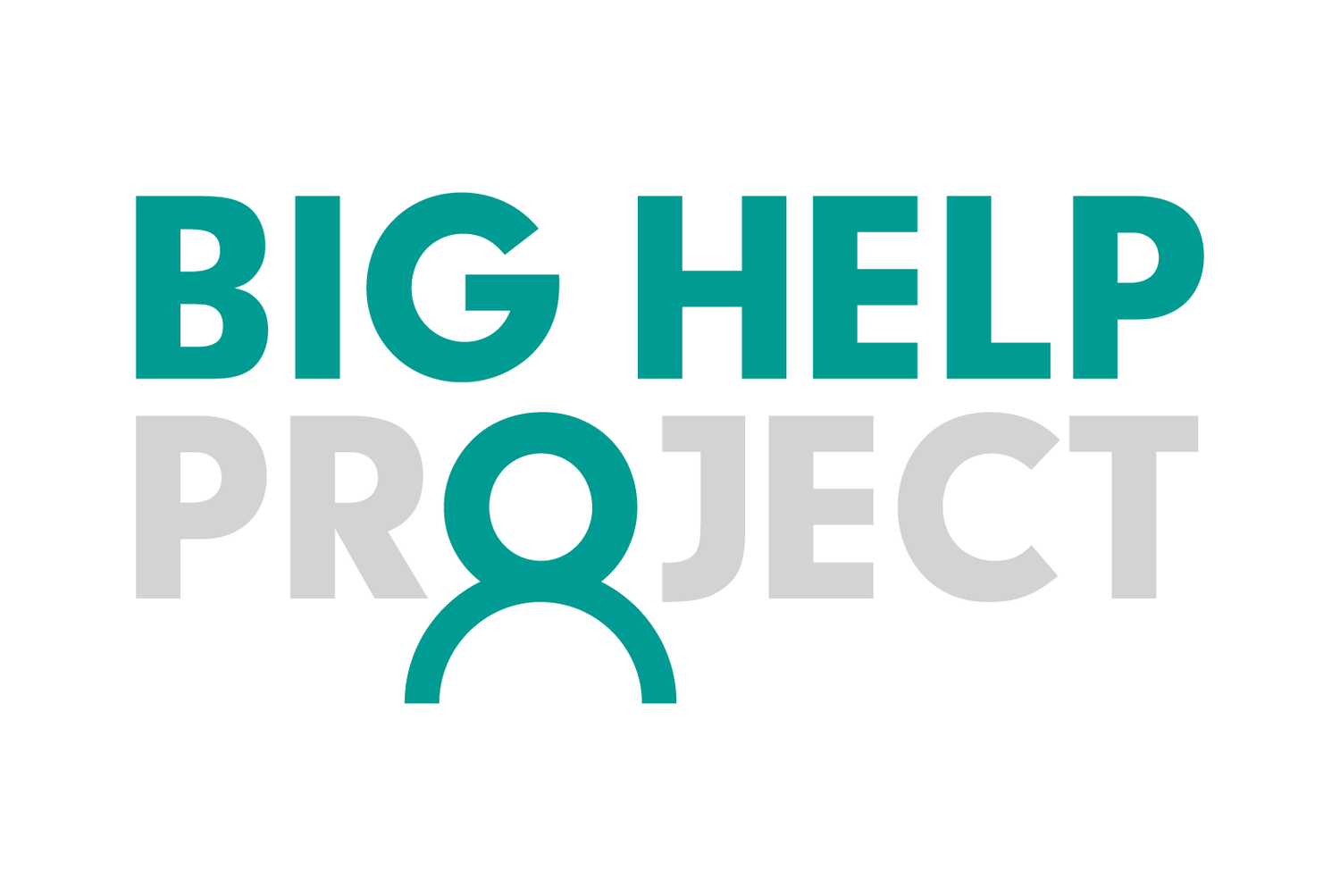The persistence of the two-child limit
To talk about policies that impact the rates of those living in poverty in the UK is a conversation which often circles back to the consequences of the two-child benefit cap. The measure was introduced in 2017 as a means to place a limit on the welfare support that parents were able to receive on the basis of the number of children that they had, bringing the maximum monthly child benefit that a family can receive down by approximately £3,235 per year, per child. A number of organisations, individuals, and figures have called for the cap to be scrapped, including the Children’s Commissioner for England just recently.
There are reportedly 12 million people in absolute poverty in the UK - the most severe type of poverty, currently measured where a person is living below the average cost of living in 2011 - 3.6 million of whom are children. 422,000 families are said to be impacted by this policy, with a projection by the Resolution Foundation that 51% of children in larger families could be living in poverty by 2028.
Families with three or more children make up 15% of the population of those with dependent children - 1.2 million families who could potentially be impacted by this policy. The cap forces parents into a situation where their decision to have a larger family is seen as wrong, where they can’t provide enough for their children despite the cause being an avoidable issue and the product of a fundamentally broken welfare system. The wellbeing of these children is significantly reduced and their life chances following a life in poverty are limited, made even worse by reports that fertility has shown no sign of reduction in the UK since the policy’s introduction.
Keir Starmer, leader of the Labour party, has stated that they will maintain the two-child limit if Labour wins at the next election as he warns that they will have to make ‘tough choices’.
Not only does this policy place an insurmountable level of pressure on parents, it punishes children for something entirely out of their control, only considering them second to the significance of spending decisions.


